Endodontic therapy helps you salvage your decayed teeth when they have deceased nerves. This non-biological dental procedure is also known as root canal surgery, through which your dentist retains your severely damaged tooth and relieves your symptoms without causing any pain.
What Is Root Canal?
You may find yourself in a situation that calls for a root canal because your tooth is seemingly beyond repair. But your root canaled teeth may last only a year, possibly up to 10 years, while thousands of root canals fail for various reasons, including root re-infection, root fracture, and decay.
The pulp is a soft collection of blood vessels, nerves, and connective tissue at the center of your tooth beneath the white enamel and the hard layer of dentin, which helps with the growth of your tooth during its development. Once fully developed, your tooth can survive without the pulp because it persists to be nourished by the tissues in its surrounding. The pulp could become susceptible to an infection because of trauma to the tooth, deep decay, cracks, and chips, or repeated dental procedures.
What Are the Symptoms That Call for a Root Canal?
Teeth that require root therapy are not always painful. There are other symptoms you may notice, such as dark discoloration of the tooth, swelling of the face, tenderness in the nearby gums, lingering sensitivity to temperature, and sensitivity to pressure or touch.
There are risks involved with delaying the treatment of your decayed or infected tooth, including:
- Gum bleeding;
- Loss of teeth;
- Pain and swelling;
- Mandible or maxilla bone loss;
- Systemic infection and damage to organs; and
- Facial deformity due to the spread of infection.
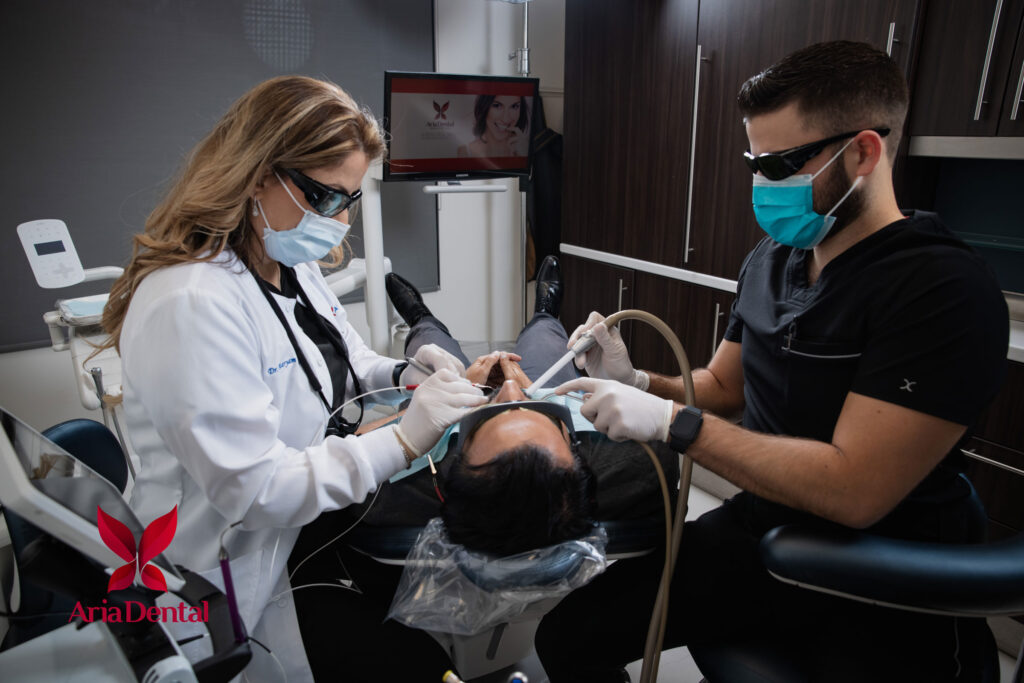
What Is the Process of A Conventional Root Canal?
A Root canal therapy is required when your tooth becomes infected due to an injury or a large cavity. The process begins with making a small opening in the crown of the tooth in order to access the pulp and reach the target pulp chamber. The infected tissues are then removed, and the accessible canals are cleaned. Then, the dentist will fill the canals with gutta-percha, a plastic substance from a tree used as a permanent filling to occupy the empty space.
Next, the tooth is rebuilt through being sealed with temporary filling materials. A post is inserted for extra support in some cases. The post is placed into the root next to the gutta-percha giving the crown more support.
Modern endodontic root canal therapy is relatively painless. However, local anesthesia and distinct types of sedation are usually administered to eliminate discomfort. It is very similar to a routine tooth filling. A root canal surgery can be completed in just two sessions at the endodontist’s office.

With a success rate of 85% to 97% depending on the severity of the damage, a root canal is quite effective in saving your dead tooth. If your tooth is not amenable to endodontic treatment or the chance of success is low, the dentist will let you know at the consultation session so you could be able to discuss and review other possible options.
The root canal may be done during the same visit in the dental chair, and it takes one hour to complete. The procedure is not especially challenging to go through, but it is tiresome and often requires sitting in the same position with your mouth wide open for a long period of time.
Once the root canal is complete, you will be sent back to your regular dentist for a filling and crown placement, where you get a temporary crown before you get the permanent one two or three weeks later.

What Are the Drawbacks to Conventional Root Canal Treatments?
Root-canaled teeth are dead body parts we allow to stay connected to our bodies. When a tooth’s pulp and root are removed during root canal therapy, that tooth is dead, but the infection can linger in smaller canals aggravating your immune system constantly.
It is impossible to remove all the necrotic tissues and bacteria inside a tooth during the therapy, so your immune system must continue battling a chronic infection left behind in the target area, ultimately posing a risk to your body.
Conventional non-holistic root canal procedures are often recommended when the decay has reached deep into the tooth and infected the pulp and the nerves. If left untreated, this form of the disease may cause the tooth to die, necessitating tooth extraction.
To avoid the need for extraction, conventional dentists usually try to remove the infected and injured tissues from within the tooth and fill them with special materials.
Why Is It Not Healthy to Leave A Dead Tooth In Your Body?
Once a tooth is infected, the infection makes the pulp and the tissues around it waste away gradually, until there will be no blood flow. This will nullify the effect of any prescribed medication, which can put extra burden on your immune system and cause potential risks.
In many cases of past root canal therapy the patients have their existing root canals removed as a result of experiencing symptoms of unexplained systemic and autoimmune conditions. Many believe that their existing root canals have compromised their overall health. That is why some holistic and biological dental associations involved with studying root canal therapy recommend extracting the tooth using healthier alternatives.
What Are the Holistic Alternatives to a Root Canal Therapy?
Most of you may look for alternative treatments if you are recommended to undergo a root canal treatment due to your infected dental pulp. There are five modern procedures you can benefit from:
- Extraction and Placement of Metal-Free Zirconia Implants
If a root canal fails, you can always have the tooth removed and replaced with an implant. Holistic extraction of the entire injured or infected tooth is the safest approach to take if your tooth has decayed significantly. It is also the most popular alternative to a root canal when followed by replacing the target tooth with a bridge, metal-free dental implant, or partial dentures.
Zirconia is a white and translucent material used as one of the most biocompatible dental materials in the dental industry. You will need to visit an oral surgeon specialist for tooth extraction and dental implant placement. The implant may be placed during the same visit, or you may need to return a second time to get the dental implant. The implant placement is painless, easy, and fast, taking 30 minutes to complete. You will be required to return for a check-up several months later.
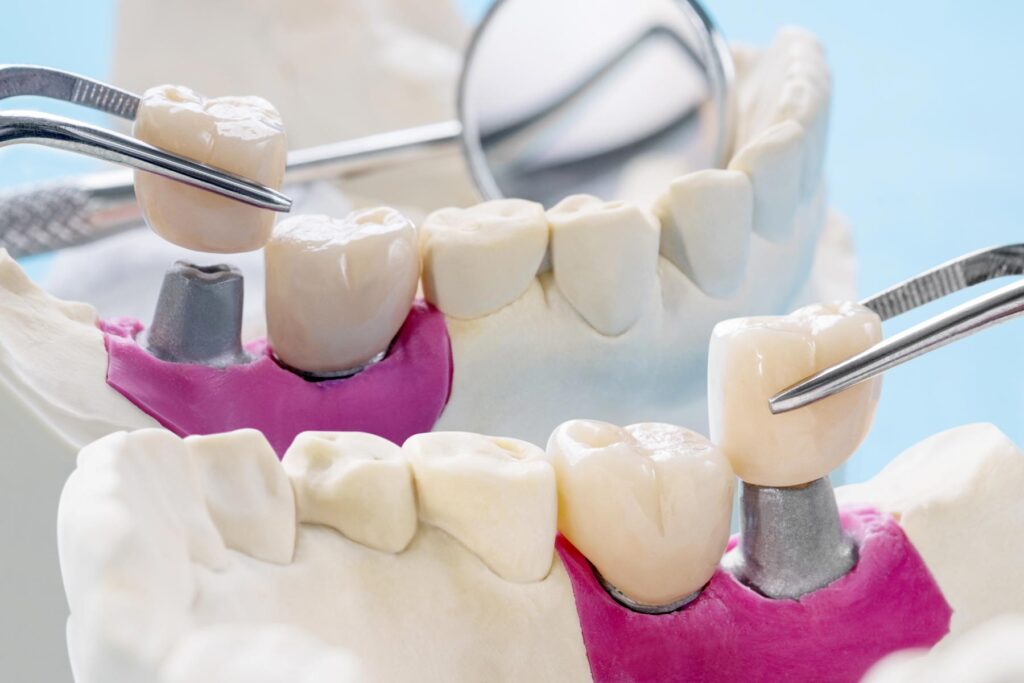
- Natural Remedies
Your daily food can affect your oral health, and the supporters of natural remedies offer a healthy diet as the proper treatment for dental infections. Eliminating all processed sugars from your diet, eating high-quality protein, and avoiding grain products can prevent you from having to deal with infected teeth. Although dentists encourage healthier lifestyles, they do not believe it can restore the already damaged or severely decayed teeth.
- Ozone Oxygen Gas
Irrigating the tooth cavity with Ozone gas is another alternative to root canal therapy. Ozone penetrates the tubules of the tooth beyond the drilled areas and the lateral tubules to disinfect the tooth beneath the enamel. Though the infection may come back at a later stage with a need to repeat the root canal treatment, this method is popular since it is biological.
Ozone also speeds healing and recovery time by oxygenating the area. When a tooth is damaged but still alive, ozone therapy can save it and prevent the need for a root canal therapy.
- Calcium Hydroxide
Your infected tooth can also be rinsed with an alkaline substance known as calcium hydroxide, which has the ability to deter bacteria growth in tooth canals. Currently, calcium hydroxide is used as an intra-canal treatment. It has a pH of approximately 12.5, antimicrobial activity, and tissue-dissolving ability, and can inhibit tooth resorption and repair or reverse it by complex tissue formation. It has been applied for intra-canal placement for different endodontic conditions, including apexification, abiogenesis after trauma, and routine root canal in infected canals.
- GentleWave® Procedure
You may qualify for GentleWave®, a non-traditional root canal therapy. The GentleWave® Procedure redefines the standard root canal treatment with a minimally invasive procedure. As an innovative alternative to conventional root canal therapy, GentleWave® employs Multisonic to target the condition depending on the severity of the infection. During this process, Ultracleaning®Technology is used to clean the deepest parts of the root canal system.
The Gentlewave system replaces much of the manual instrumentation in root canal therapy, helping the tooth keep its natural functionality and structural integrity.
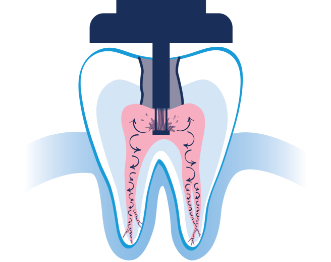
Who Can Deliver Your Personalized Holistic Dental Care?
Suppose you have decided to discuss the possible methods for your root canal therapy. In that case, you should choose an accredited dentist who is fully committed to your overall health and understands the relationship between systemic infections from oral conditions.
You can take advantage of a customized healing approach based on your needs and dental conditions.
At Aria Dental, our holistic dentist is a certified member of several international and American biologic dental associations such as HDA, IAOMT, and IABDM. Our attentive staff will take care of you with biological methods you will enjoy.








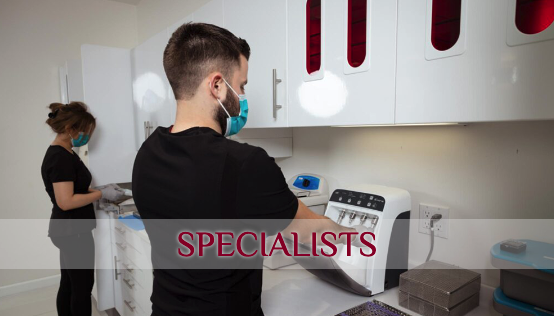







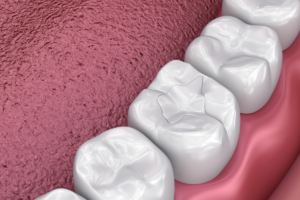



4 Comments
Is this available in my area, peterborough, On. Canada
Are you available in Pennsylvania
Aria Dental’s office is located in Orange County, CA. We’ll be glad to meet you when you come here.
I’m delighted to have come across this article discussing holistic alternatives to root canals. It’s refreshing to see a dental care provider exploring natural options for dental issues. The information provided is comprehensive and well-researched, offering readers a balanced view of their choices. This article empowers individuals to make informed decisions about their dental health, aligning with a holistic approach to overall well-being.